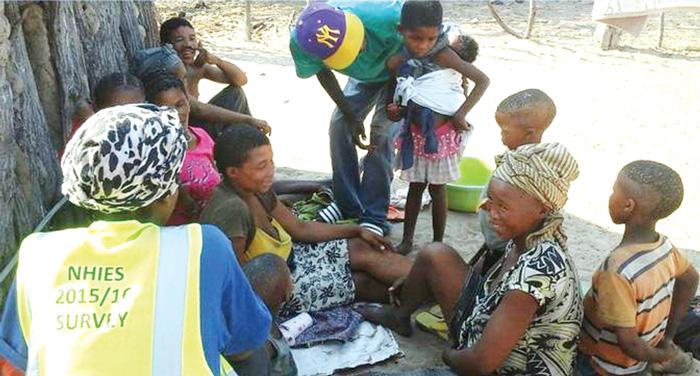
Household Income and Expenditure Survey completed

The Namibia Statistic Agency completed the integrated Household Income and Expenditure Survey which started in April last year, covering more than 10 000 households at a cost of 50 million over two financial years. The report is to be released early next year.
The survey is the fourth of its kind covering private households as a sole source of information on income and expenditure patterns and poverty indicators in the country.
This is the first that expanded on income, expenditure, labour force, health, education and anthropometric measure for children five years and older.
The Statistics Agency’s Deputy Board Chairperson, Mr. Sikongo Haihambo, declared the survey a success despite the fact that enumerators faced challenges such as non-compliance from the public. Cases of theft of survey equipment and refusals to participate were recorded with the Khomas Region having the highest refusal rate of 48 households.
The agency also announced a 98% response rate, which meets the international standards requirement of sample households interviewed. However a review of the data will give a clear picture on some of the households that were able to complete the whole survey process through data collection. Cases of refusals and non-compliance were however highlighted as some of the challenges experienced by field staff members during data collection with pocket cases of harassment.
The agency’s spokesperson, Nelson Ashipala, announced that the day of prosecuting those that do not comply is near.
“What the nation does not know is that we have the right to charge those that do not comply with our enumerators. We have not charged anyone yet but if push comes to shove, we will” he said.
Mr. Haihambo also explained how the statistics will be able to assist in the developing, implementing and monitoring of national social and development programs. The survey aims to collect information on household income and expenditure.
Limited internet coverage, especially for rural villages and small towns, meant that data collection teams had to drive to areas with strong network to transmit data to head office.
Refusals and locked gates in commercial farms and high income areas in towns caused limited daily monitoring which improved with intense publicity.











































